“It’s perfect!” I exclaimed immediately after I had finished reading the application requirements. I guess it was the word “Champion” that caught my attention or was it that I had given up on sleeping as a career. Anyway, regardless of the reason I anxiously applied and said a quick prayer. All my life I had waited for an opportunity to do something meaningful in my society and it seemed God had answered my prayers!
My imagination quickly darted from the smiles on the faces of the people I would be able to help and my name on a billboard somewhere. In that instance, social bundles became a myth as I had to constantly have “real data” to constantly check my email for that coveted response. It was therefore a combination of mild madness and euphoria when I received the confirmation email inviting me for an interview. Fast forward I was accepted and it was time for real work, no more games.
Clad in our freshly printed T-shirts and a newfound sense of responsibility, we ventured into the field to spread the gospel against Human Trafficking and to educate people on safe migration tips. At that moment it was impossible not to feel like some sort of Vigilante; a sort of Batman in my all-black shirt and pants in addition to having the Wetaase logo on my chest. Powerful! We were allocated specific areas to visit namely Rubaga, Kampala, Nakawa, Makerere, and Kyambogo.
By consensus, our first destination was Nakawa since it was nearest and some of us were familiar with the area. Into the market, we stepped. It was within Nakawa Market amidst all the hustle and bustle of the trade that defined my experience on this program. I met Fatuma (not real names), a 60 something mother of two that sells fresh vegetables at the entrance of the market. Immediately she heard that there were people talking about “okukukusa” (Luganda for Human Trafficking) she couldn’t resist but share her story. Although not being a direct victim, she says she has a cousin who traveled to India for employment in 2016. She intimates that she last talked to her cousin over a year ago. “She would call me every week,” she says in between tears in her eyes. Fatuma further tells me of a certain Uncle who was a wealthy businessman and also family friends with her cousin. “He was such a nice man, we all respected him” she mutters finally able to speak audibly. I have to comfort her mid-sobs before she is strong enough to talk again. “One day I will take you to India with me” she quoted him word for word and added that that was his favorite line especially during the occasional lunch he would host for Fatuma’s family.
Long story short this Uncle managed to convince her cousin to go with him to India and pursue a “better life”. Fatuma says she tried contacting the police but to no avail. “They kept asking for money which I didn’t have.” She wails. With no way of contacting her cousin, Fatuma is left to presume her demise. All hope is lost. She then reluctantly returns to her stall where a customer is waiting for her.
It is because of such stories that Wetaase was birthed. A brainchild of Pollicy that aims at using Civic Tech to empower the citizenry and advocate for better governance and social reforms. The issue of Human Trafficking is a real problem we face today and our interactions with the different respondents in
the areas we visited only confirmed this sad fact. We however can’t sit back and merely watch on or wait for some government help. “We can and so we Must” is a favorite personal quote that I think applies here.
The Wetaase platform provides 3 modes of access namely:
– Hotline. An automated mobile helpline that can be called by Ugandans in the country and abroad to access resources, report incidents, or request for rescue. The line currently offers information in English and Luganda. It is 0800202600.
– Chatbot. Automated webchat can also be used by citizens here and abroad to request resources, report incidents, or request rescue.
– Database. Filled with data from the hotline, chatbot, website surveys, partner organizations, and the anti-trafficking task force. The database will inform the government and their partners on important information related to trafficking such as common trafficking routes, recruitment strategies, and characteristics of high-risk groups. This data will be used to monitor and prevent both domestic and transnational trafficking. If possible, this database will be built off the existing structure as developed by IOM in 2014. This skeletal structure of the database is available within the Ministry of Internal Affairs servers.

Wetaase Promotional Content
In conclusion, the experience working with Wetaase has been a life-changing one. I have been able to combine a hands-on feel of real-world problems while at the same time using technology to solve them. I can now add digital advocate to my CV as I have been trained and mentored in that regard. Last but not least I can’t forget my team who share the same passion for change as me in the area of Human Trafficking (Not forgetting those walks under the Kampala Sun and Kafunda lunch).
This has been an experience of a lifetime and I will forever remain a Community Champion.
Written by Alvin Otim, Wetaase Community Champion
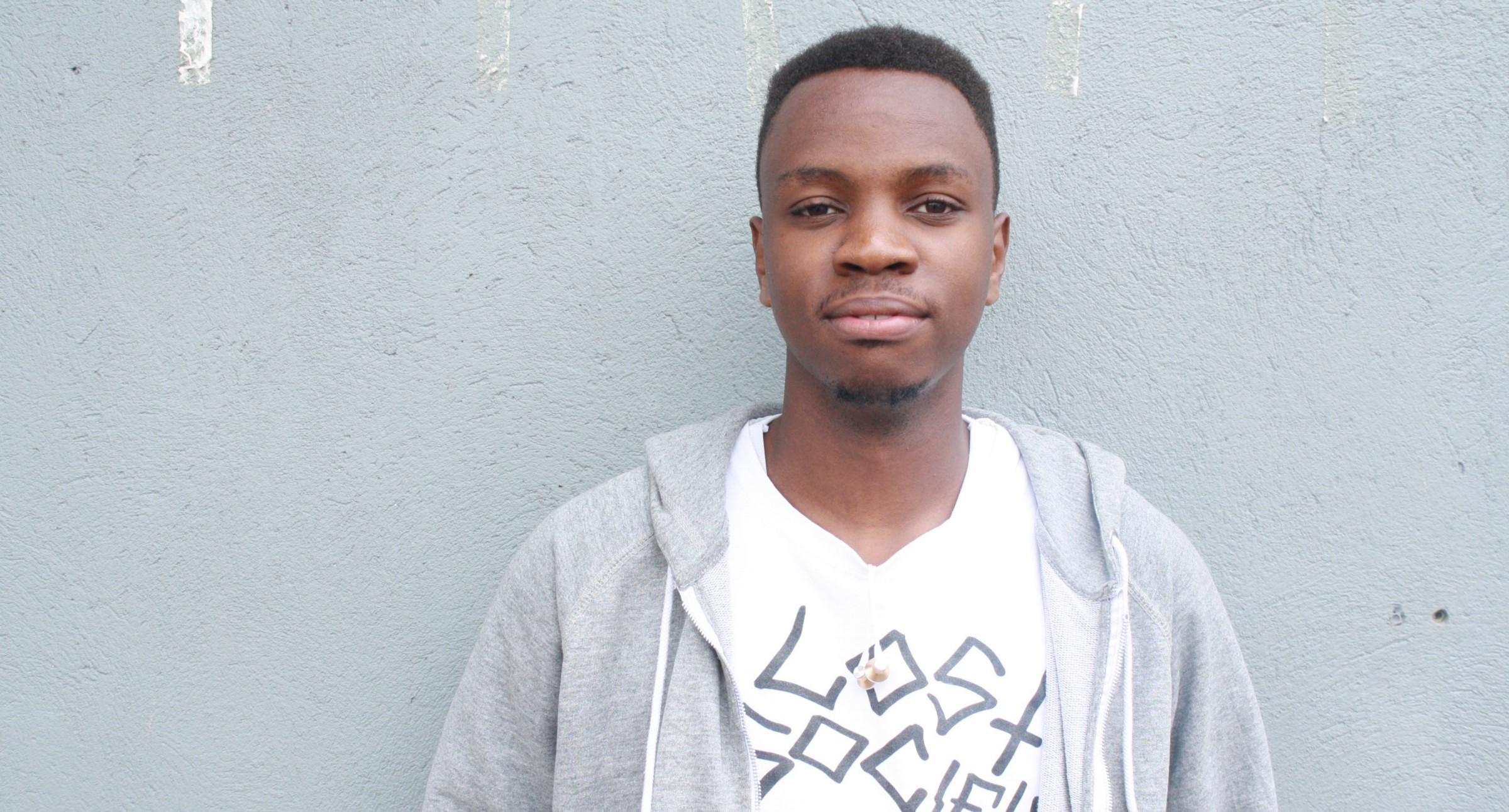
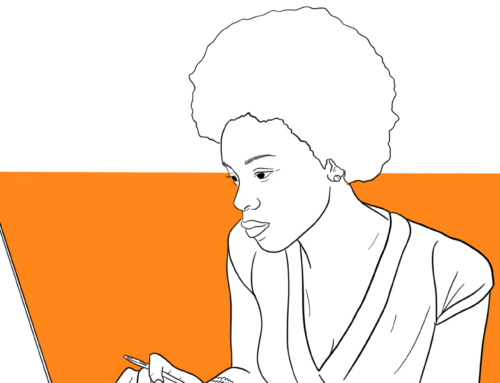
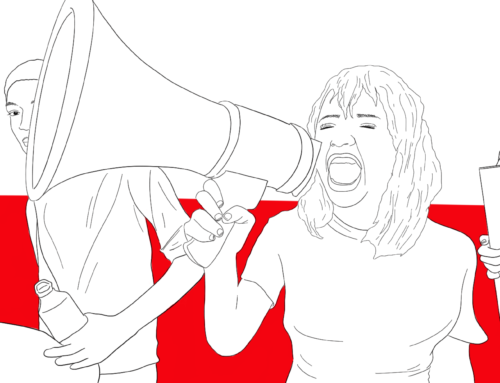
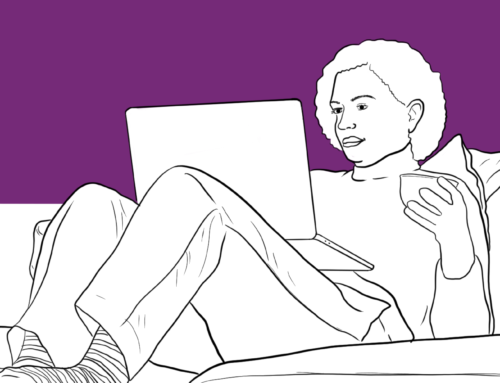
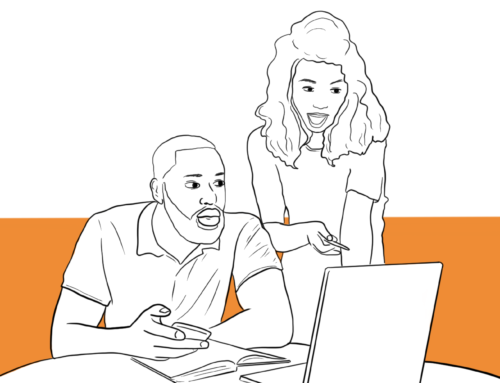
Leave A Comment